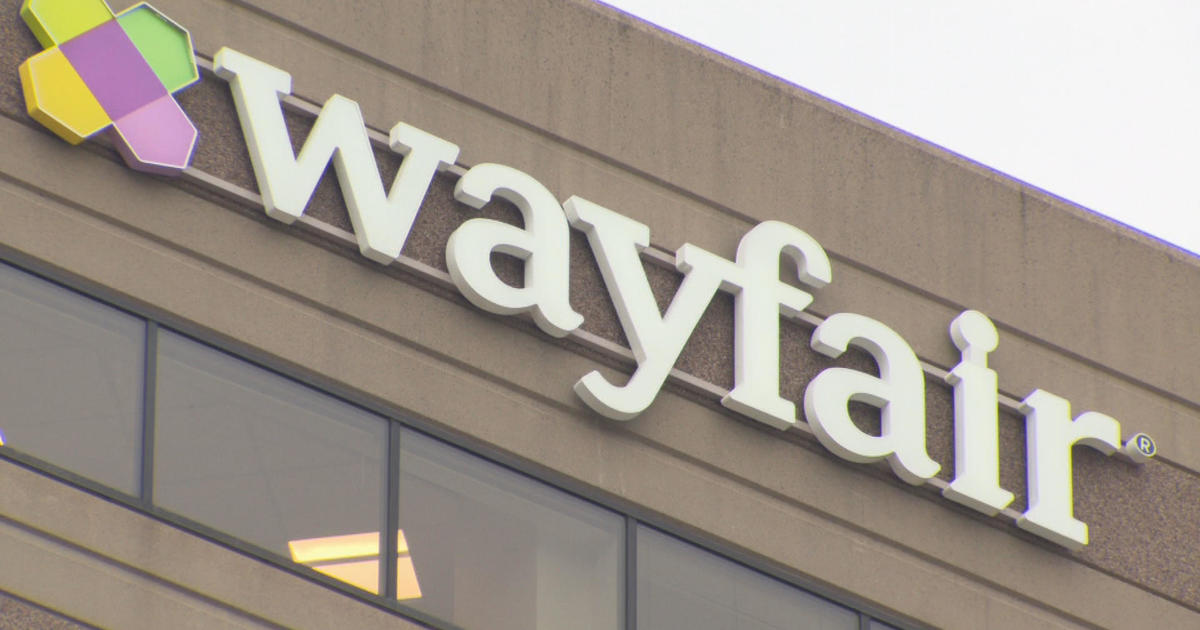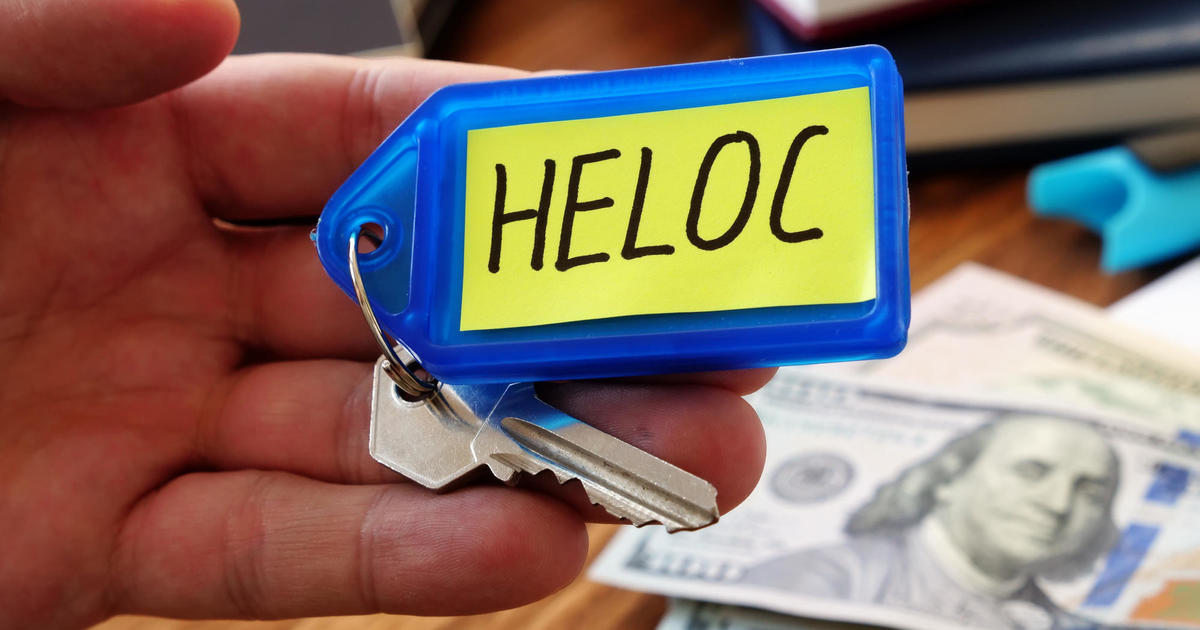1 Mike Bloomberg equals 660,000 American households, wealthwise
Although Mike Bloomberg's politics may remain murky to many Americans, they can be sure of one thing: He would be by far the richest president in U.S. history.
The media mogul made an estimated $3.5 billion last year in income alone from Bloomberg LP, the financial data and news company he founded in 1981 to serve Wall Street banking and trading clients. That's more than 56,000 times the median annual U.S. household income of nearly $62,000 in 2018, the latest year the number is available.
Mike Bloomberg's estimated total net worth of $64 billion equals the total net worth of nearly 660,000 American households, based on the latest available median net worth of U.S. households, which was around $97,000 in 2016. (The average American household's net worth is much higher, but it's skewed upward by the super-rich, like, well, Mike Bloomberg.)
By comparison, Bill Clinton won the White House with 1992 household income of roughly $270,000, or 12 times what the typical American household earned back then. George W. Bush made $1.3 million the year before he ran for president, or 39 times the median household income in 2000.
Barack Obama's income, propelled by earnings from two best-selling books by the time he became president, was 135 times the median household's when he became president. Bloomberg even far eclipses Donald Trump, whose financial filings show he earned more than 6,500 times the median household income in 2016.
Here's what we know about how much Bloomberg is worth and how he made it.
How much Mike Bloomberg is worth
Forbes estimates Bloomberg's net worth at $64 billion and ranks him No. 8 on the publication's famed rich list.
But the Forbes figure is a little misleading. Much of Bloomberg's wealth is tied up in Bloomberg LP, in which he owns a commanding 88% stake. A December report from industry consulting firm Burton-Taylor estimated the financial media company is worth as much as $60 billion. That values Bloomberg's stake in his company at nearly $53 billion and suggests his more free-flowing wealth not tied to his company is a mere $11 billion or so.
That's still a lot of money, and more than enough to run a generously funded presidential campaign all on his own. But it also means that Bloomberg's spectacular wealth is largely dependent on Bloomberg LP retaining its value.
Bloomberg owns homes in Bermuda, London and New York, where he was mayor from 2002 to 2013. He has put much of his money into his nonprofit Bloomberg Family Foundation, which at the end of 2018 reported assets of just under $9 billion, according to a filing with the Internal Revenue Service.
Bloomberg's foundation reported donating $435 million in 2018 to dozens of organizations and local governments. In 2017, the last year for which the foundation filed a detailed list of donations, it gave $5.5 million to support education for low-income families in Washington, D.C., and $5 million to the gun-control group Everytown for Gun Safety. It made numerous donations focused on battling climate change and reducing tobacco use, two favorite Bloomberg causes, but also for such diverse missions as $2 million to help improve driver safety in developing nations.
The board of the foundation includes former Wall Street chief executives Kenneth Chenault and John Mack, who headed American Express and Morgan Stanley, respectively. The foundation reported about $460 million in contributions in 2018, including $7 million from the Bill and Melinda Gates Foundation. The rest came from Bloomberg himself.
The Bloomberg foundation's latest available IRS filing shows that it earned $727 million in income from investments in 2018. It doesn't provide any more detail on how the foundation's assets were invested. The money is managed by Willett Advisors, which is headed by Steven Rattner, who was appointed by President Obama to oversee the auto bailout following the financial crisis.
How Mike Bloomberg made his money
Bloomberg's career and wealth really took off after he was laid off from his job as head of systems development at the Wall Street bond-trading powerhouse Salomon Brothers in the early 1980s. He plowed his $10 million severance into a financial data company that Bloomberg eventually named after himself.
Bonds, unlike stocks, were traditionally traded from broker to broker instead of on centralized exchanges like the New York Stock Exchange. That made getting information in the bond market tough even for traders.
Bloomberg, coming from Salomon, which dominated the bond market at the time, knew this. His company created computer terminals — originally boxy machines — reminiscent of early Apple home computers, that gave traders the ability to share bond prices directly with each other, as well as the tools and background information needed to price all types of bonds.
It was information that many bond traders had never had before and certainly not all in one place. Within a decade the so-called "Bloomberg terminals," which cost each subscriber about $25,000 a year, were ubiquitous on Wall Street. Bloomberg's company added a news division in 1990, but the bulk of its revenue still comes from its terminals, which also offer stock market quotes, copious economic stats and even sports and general news.
As electronic trading has replaced phones on Wall Street, more and more bonds trade hands by way of messages over the terminals' chat function. At the end of 2018, Bloomberg had 330,500 subscribers.
The company's revenue rose an estimated 6% to $10.5 billion, according to the December Burton-Taylor report. How much of that money ends up as profit is a closely guarded secret, but Burton-Taylor estimates the company made $4 billion in operating earnings. As 88% owner, Mike Bloomberg would get about $3.5 billion of that.
This may be the best place to note that this reporter is a former employee of Bloomberg News. A number of former Bloomberg executives who were contacted for this article and declined to comment told CBS MoneyWatch they never saw a financial statement for the company that included its profits. But most everything at Bloomberg gives off the vibe that the company is incredibly profitable. Free food is abundant at all Bloomberg offices, for instance. A former manager of one of Bloomberg News's largest bureaus said top managers readily signed off on expense reports that topped $100,000 a year for several employees.
Profit margins approaching 40%
A few years ago, Douglas Taylor, who was the head of Burton-Taylor at the time and who had long followed Bloomberg LP's rise, got called into a meeting at the company. He had recently put out a report saying that about 30% of Bloomberg's revenue ends up as profits. That's about three times the average profit margin of companies in the S&P 500.
But in the meeting, the Bloomberg executives told Taylor he was wrong. The company's profit margin was closer to 40%.
"Bloomberg's success comes from its focus on market data for Wall Street," Taylor told CBS MoneyWatch. "The company wandered a bit a few years ago, but when [Mike] Bloomberg returned from being mayor he refocused the business on the terminal."
Mike Bloomberg's deep pockets, and his seemingly unlimited campaign budget, has helped power his surge in the race for the Democratic nomination. But it could also become a liability. The biggest problem may be how much of his wealth comes from one industry — an industry that doesn't have a great reputation with the average American.
Burton-Taylor estimates that about 75% of the company's revenue comes from companies in the financial sector. Government agencies, including foreign ones, are some of Bloomberg's other customers. Advertisers make up much of the rest, touting their luxury goods and services for wealthy financial services workers.
This week, Bloomberg pledged that as president he would push for a tax on financial transactions. He has also proposed a wealth tax. He even said he would consider selling his company through a blind trust.
Such proposals could help deflect accusations that he is too cozy with Wall Street. But it remains to be seen whether a billionaire whose company is still very much tied to the fortunes of Wall Street can win over Main Street.



